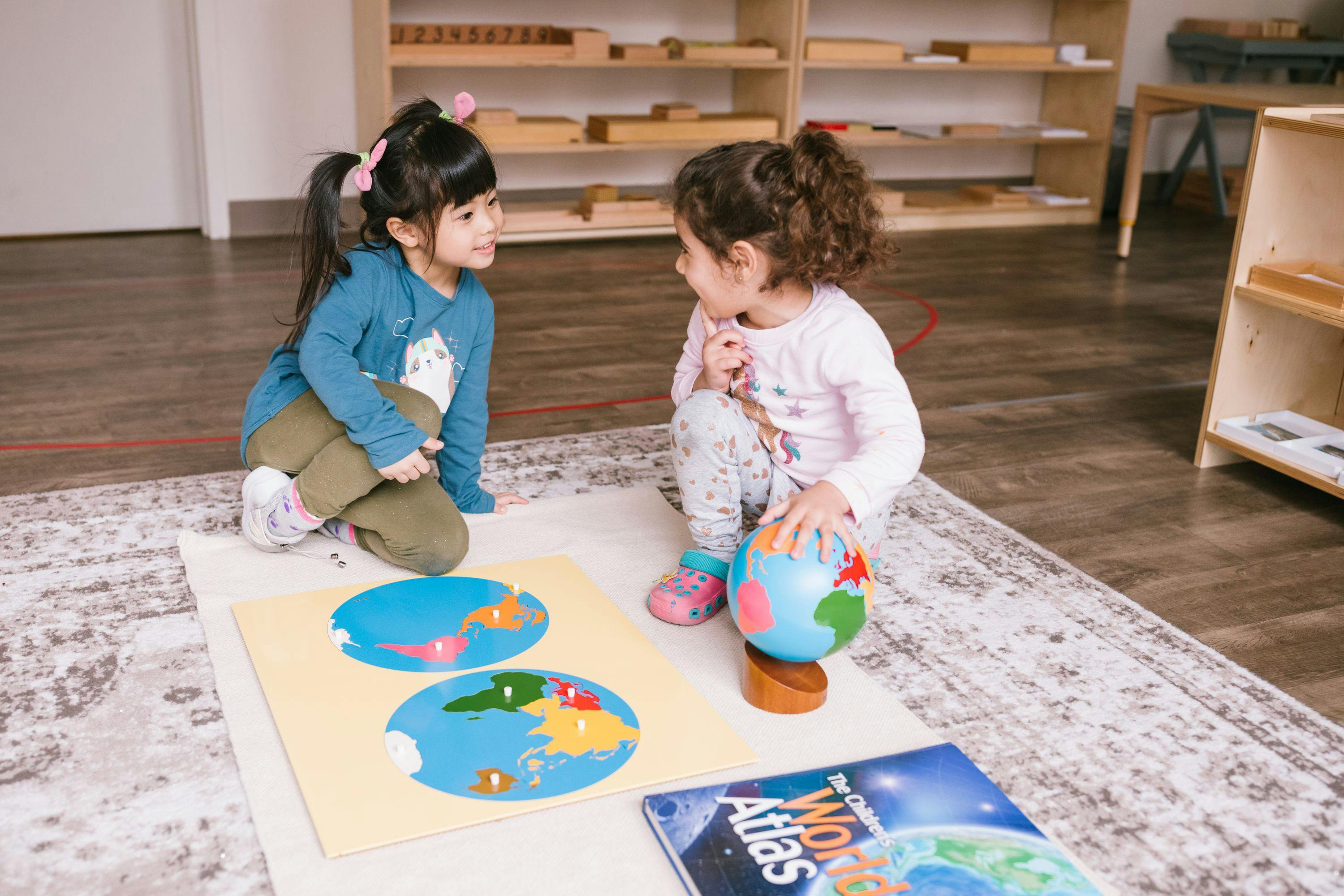Is Montessori Education the Solution to War?
The founder of the Montessori Method was nominated three times for the Nobel Peace Prize and argued throughout her career that education is the only real way we can ensure lasting peace.
In 1946, in the aftermath of World War II, Maria Montessori wrote that humanity "earnestly tried to create a world where peace could reign. And they have not succeeded… 'Love one another' has been preached for centuries, and yet peace has not come."
The missing ingredient of peace, in her view? The right approach to education. Her lectures on this topic have been collected in Education and Peace, but she makes this point in almost all her books.
Maria Montessori's argument for education as a guarantee for peace
Maria Montessori recognized that most education models, especially the traditional education she received as a child, fail to highlight the greatness and profound capabilities of humankind, and instead establish a power struggle between the adult and the child—one born of misunderstanding.
“We love our children or believe we love them, but we do not understand them.”
Maria MontessoriFounder of the Montessori Method
Because we don't understand our children, their struggles and needs are felt as the unreasonable nuisances. So, quiet, compliant children are praised, while spirited, rebellious children are made to believe there is something wrong with them. This sort of power struggle is set up, deep within the child's soul, as profoundly normal.
The explicit message we send children is: "We love you, everyone should love one another, everyone has dignity and deserves respect." But the implicit message children receive is: "Your needs don't matter, I don't need to understand you, and you must do what I say."
Montessori argued that a better approach to education, the approach she pioneered, would blast away this power struggle. She created a learning environment where children could work independently, free of adult interference. She designed activities and lessons that inspired children to want to participate in class (which was like a microcosm of society), and the adults in the classroom were encouraged to lead by example in terms of their behavior, rather than constantly tell children what to do.
Maria Montessori argued that in these learning environments, children would absorb the message that they were genuinely understood and could freely harmonize with adults and children. They would therefore learn to love themselves and others.
They would learn to love effort, and to love that capacity in themselves and others for changing the world for the better by working together productively. Their confidence, earned by effort at a young age, is arguably the foundation for self-love and a secure relationship with others. And if this foundation could be laid for every child in the world, there would be no more conflict.
Maria Montessori further argued that children wouldn't ignore injustice—to the contrary, they would be sensitized to it through their education. Their minds and hearts would be centered on human greatness and unity as an achievable ideal, worthy of struggle and effort. This becomes even more noticeable as children move from kindergarten age to elementary school and start to discover and delight in the inventions and discoveries that have been made through the ages.
Maria Montessori concluded her arguments by saying that children would be emotionally inoculated against some of the political and social patterns that inevitably lead to war, and so could prevent conflicts from happening across the world. We still live in times of war and conflict, but we strive toward the ideal of peace through the work we do in our schools.
Sign up for our newsletter
Get started with our community today! Sign up for resources.
